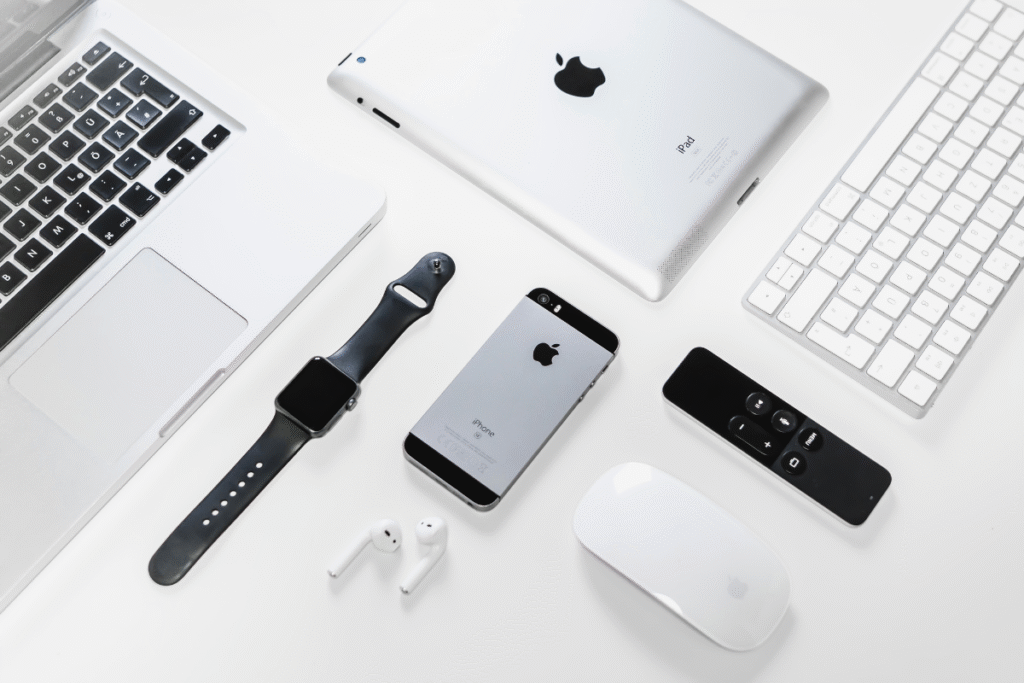
Apple’s new brain-control tech could soon let you operate all these devices using just your thoughts. Credit: Canva
Yes, you read correctly, Apple wants you to control your iPhone with your mind. Later this year, the tech giant plans to roll out a feature that will allow its users to operate iPhones, iPads, and other devices via brain signals. I’m serious– no touching, swiping, or even typing is required. The Wall Street Journal states that this mind-bending interface is no longer science fiction but a fast-approaching reality. So what is happening exactly, how does it work, and should we be excited or a bit creeped out?.
How will it even work?
The system will reportedly use sensors, which are either wearable or integrated into devices, to pick up neural signals linked to the user’s intent. Apple’s version is seamless, external, and polished technology that helps users navigate apps, type messages, and scroll TikTok using nothing but their thoughts. This is part of Apple’s ongoing accessibility push, and once it is available, it will change how everyone uses technology.
The current race to the brain-computer interface (BCI) is more prevalent in Big Technology today. Apple has been working on these accessibility-focused tools for numerous years, including eye-tracking, voice control, and motion detection. So this new feature builds on its predecessors and offers a hands-free alternative that can benefit people with motor impairments and temporary injuries, tech people who want to live in the future, and people who are too lazy to pick up their phones.
The cool, the creepy, and the concerns
- The cool aspects would be accessibility, reaching new heights, which can reduce the amount of time you spend on screens and make the interactions more intentional. It will open doors for hands-free navigation in VR and AR environments, hello, Apple Vision Pro.
- The creepy side is that your brain will become a password, thoughts as input, privacy becomes a nightmare, and what happens when your phone misunderstands a stray thought?
- The genuine concern is in Europe, where there are strict data privacy laws. Brain data will fall into a new legal grey area, so Apple must tread carefully.
Spain and the EU are actively updating their laws around digital and AI. If this technology goes mainstream, except Brussels will raise eyebrows and possibly new regulations will be added accordingly. Would you actually use it? Let’s be honest. If it works, it can be a revolution in accessibility and interface capabilities, but if it backfires, it will be another creepy technology story next to smart fridges that spy on you.
So, Apple’s brain-control vision will launch, but it will begin as an accessibility feature, slowly expanding to where our bodies, eyes, and even brains become the interface. So, with all its lawsuits and ongoing investigations, it faces issues in Europe. Can Apple produce a smooth, shiny, and slightly expensive innovative technology that is dystopian enough to keep us all watching?







